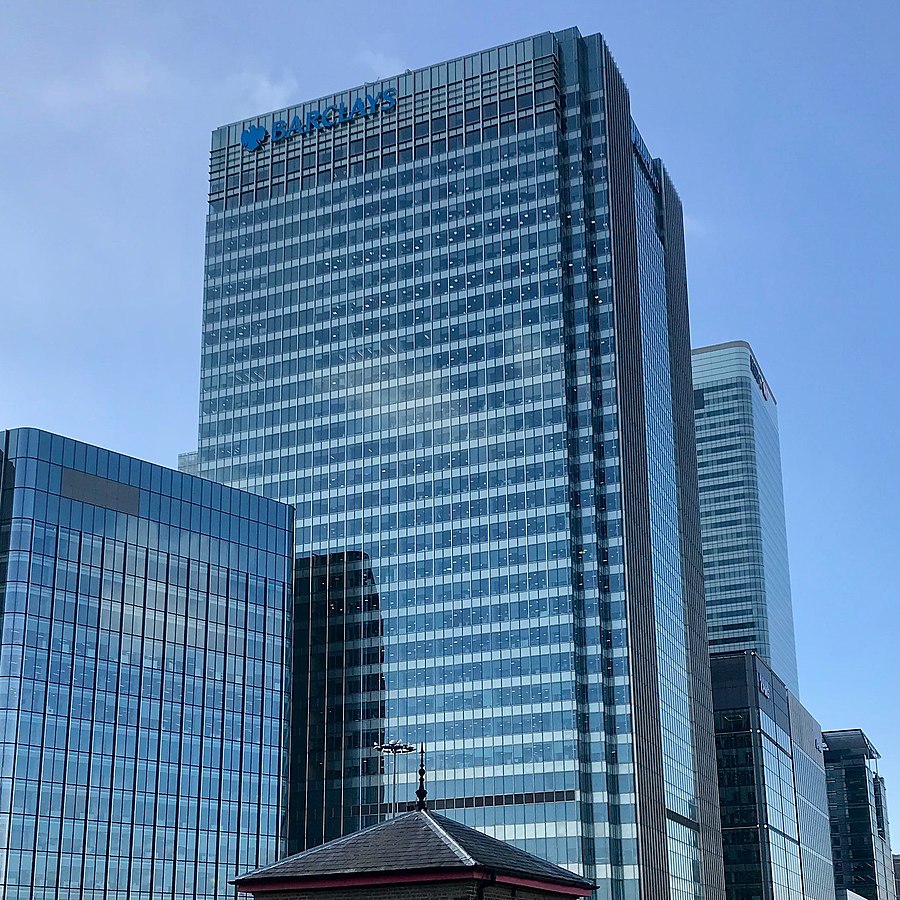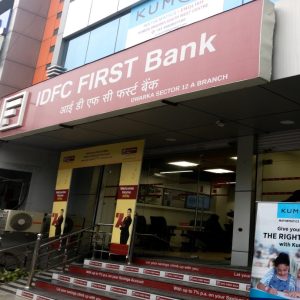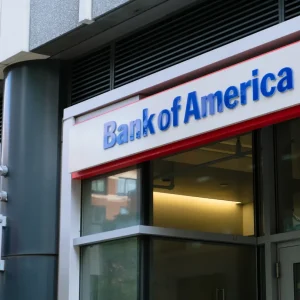
Barclays Bank has rolled out a new ‘cashback without purchase service’, which allows consumers to withdraw cash for free, through its thousands of new locations across the UK.
The company is offering the new service through its payments franchise and UK retail bank.
The service enables retailers and local businesses with a Barclaycard Payments terminal to offer cash to customers of any bank with a Visa or Mastercard debit card.
The customers can withdraw up to £100 per day, without needing to purchase anything in the store, and the bank will pay a transaction fee to the participating businesses.
Unlike ATMs, where consumers can receive only round amounts with lower limits, the new service allows withdrawal of non-round amounts, and coins with no lower limit, said the bank.
Barclays UK access to cash head Tim Allen said: “While an increasing number of our customers choose to pay digitally, we recognise that for some, cash remains vital.
“This service will benefit communities around the country, beyond our customer base, giving them the choice and flexibility to access their money conveniently. This is part of our broader commitment to preserving long-term access to cash for those who require it.”
Barclays said that thousands of UK small businesses with Barclaycard Payments terminals are already equipped to offer the service.
Also, the bank is working with the participating businesses to promote the service in their communities over the coming weeks and months.
In addition to cash withdrawal, the service creates additional revenue for participating businesses, helps cash recycling and boosts local business, said the company.
Barclaycard Payments small business acquiring head Konrad Kelling said: “Barclays’ cashback without purchase service empowers our small business customers to provide cash and coins in areas where free cash access may be limited.
“SMEs using the service have also seen it create new income steam and bring in new customers. We are working with merchants to help them offer the service and raise awareness of it in their local communities.”






